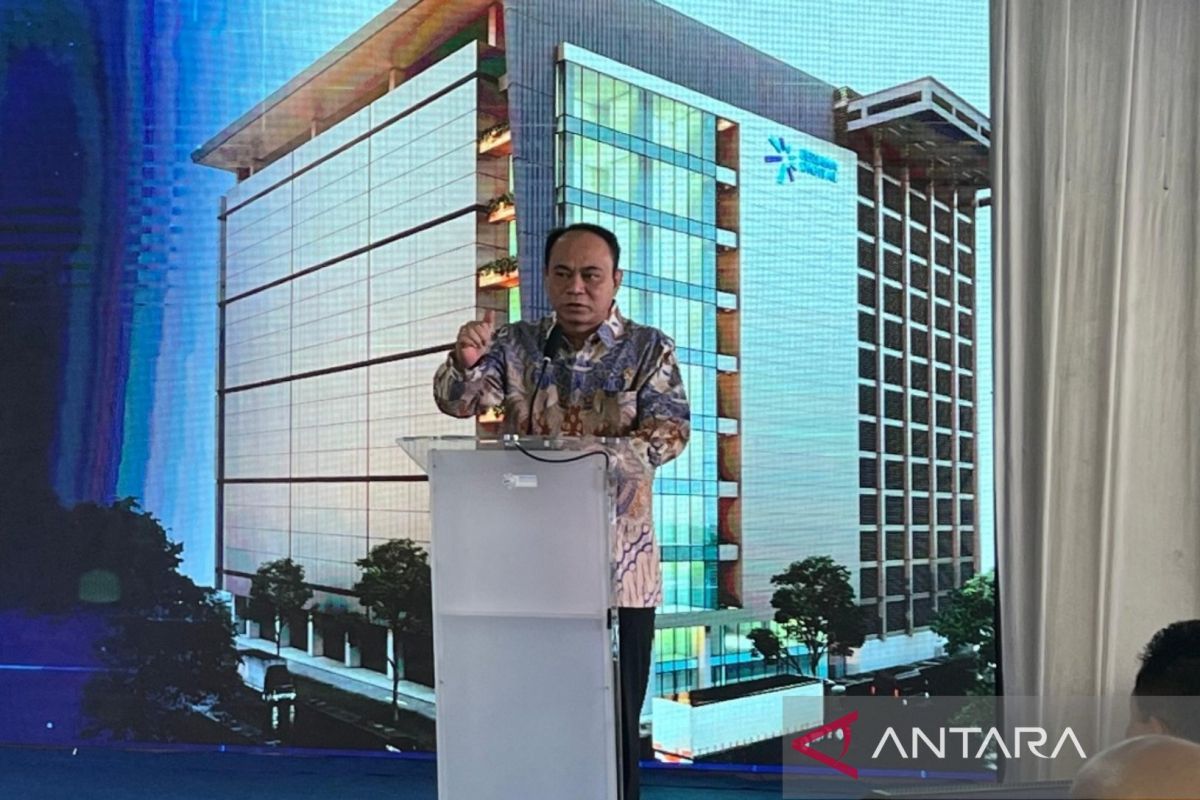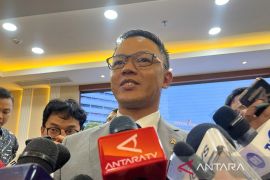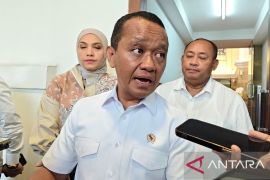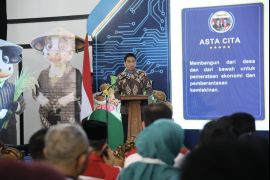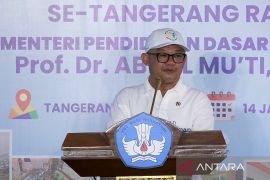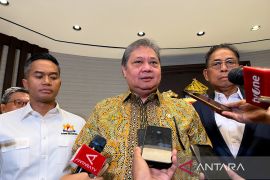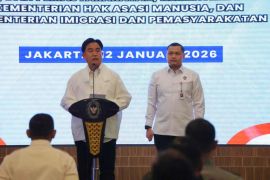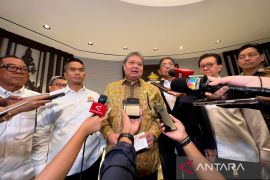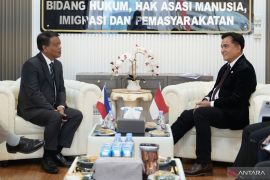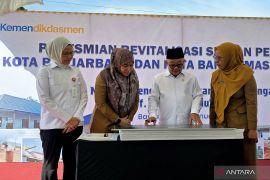"If we cannot increase internet speed, do not expect we can go through this digital transformation well," he added.
In fact, the main challenge is internet speed, which is not yet optimal, Setiadi underlined.
Currently, he said, internet penetration in Indonesia is pegged at 78 percent. This means that more than 200 million people are covered by internet services.
However, the internet speed is still around 23.3 megabytes per second.
For this reason, he said, the presence of 5G connectivity in Indonesia is expected to boost internet penetration. Moreover, Indonesia has an advantage in the form of a 700 MHz frequency spectrum, which has the potential to be used in 5G networks.
The minister informed that his ministry is continuing to encourage mobile network operators to utilize this frequency so that 5G network connectivity can become more widespread. The government is preparing incentives for the provision of 5G connectivity in Indonesia.
"I also encourage cellular telecommunications associations in Indonesia to work together on incentives for 5G in Indonesia," he said.
He expressed the hope that high-speed internet would help stimulate growth in sectors such as e-commerce and ensure equitable growth across the country.
Setiadi also underscored the importance of the equal distribution of digital infrastructure in all parts of Indonesia, including remote areas.
"We do not want Indonesia's development and progress to leave behind our other brothers and sisters, especially those in eastern Indonesia whose internet access use is still very far," he said.
He informed that to accelerate digital transformation, his ministry will work with consultant firm McKinsey to formulate road maps for five years ahead and until 2045.
Related news: Minister underscores need to improve Indonesia's internet connectivity
Related news: Ready to help santris become digital entrepreneurs: ministry
Translator: Fathur Rochman, Raka Adji
Editor: Rahmad Nasution
Copyright © ANTARA 2023
